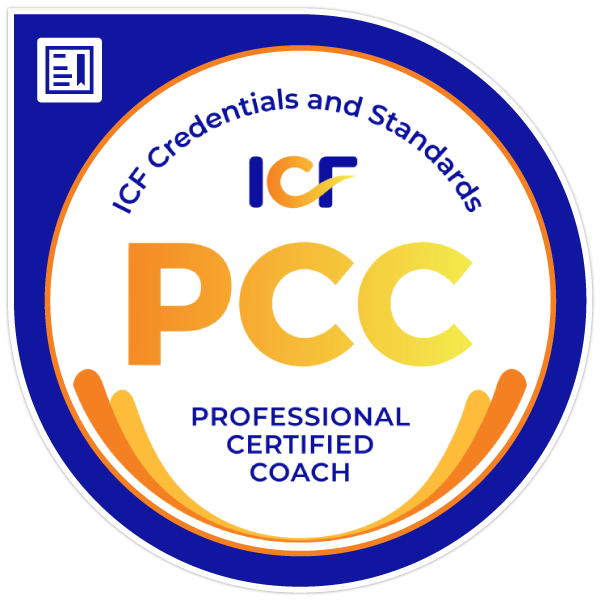Values & Beliefs
Aries Yeo • November 20, 2019
How Beliefs are formed
Values are who we are. Deeply rooted fundamental beliefs. Guides that dictate your behavior and actions. The foundations of what is driving your decisions. Ingrained principles that help you declare who you are and what you stand for.
Values represent the things you cherish and hold to be most dear
Your core values are the heart, home, and centre of why you are doing what you do and why, and what you are not doing
It doesn't matter what area of your life you want to bring into the container, at the core of everything is 'you', the you that you've been, the you that is present and the you that you want to become.
Belief is defined by the lexicographers at Oxford Dictionaries as an acceptance that something exists or is true, especially one without proofs.
Development of personal values starts as early as childhood and is shaped by the beliefs and values of parents, grandparents. Peer interaction and society, in general, play an important role in the formation of personal beliefs. In fact, from anyone who ever exerts influence over us. They are formed in our childhood and during adolescence. Beliefs are derived from what a person experiences, hears, sees and think, and they change as new evidences or experiences challenge what was previously held.
Think back to your own childhood. How was your behaviour affected by what someone else said about you? Perhaps a cutting remark from a teacher or friend such as “what a stupid answer!” made you think twice about raising your hand again in class, for fear of ridicule and humiliation.
Analogy
– observe a baby. It reflects back the non-verbal signals. It smiles when someone smiles at it and probably cry when someone frowns at it. In this constant interaction of ‘receive and reflect back’ a behaviour is learned and instilled in the mind.
If a school teacher, carer or parent makes a careless remark like, “You are clumsy”, the child will have the seeds of clumsiness sown in their mind. Then, every time that the child drops something, the thought “I am clumsy”, may sprung to mind. The more they think of it and the more often this is reinforced, the clumsier they will become. It may culminate in a self-fulfilling prophecy.
If that same teacher had said, "Well done, you really tried hard", what do you think will this child response be like? And how will this child response to the subsequent quest/ obstacles in life?
Eric Berne who wrote the “The Games People Play’ in 1964 , suggested that by the age of 4 or 5, the life script was written. By 7, it was polished and had the essential characters. By 12 years old it was further polished and was beginning to be lived out.
How aware are you of your own belief systems? Are they driving you forward or pulling you from what you want to achieve in your life? How about your very own child? How are we as parents shaping their values and beliefs in life? I asked this question because as I began to understand this myself. I also saw the vast differences between my 2 children, the trusting, the cheerfulness, the warm-loving nature vs the caution/always doubting, the fear of people, building of thousands of walls surrounding himself as a protection against others, unfortunately that includes me the mom.





